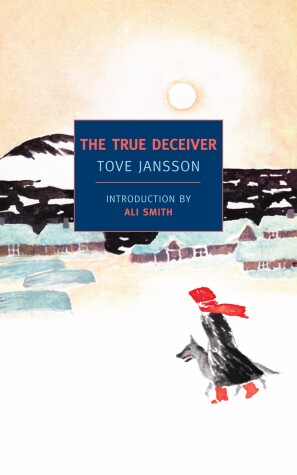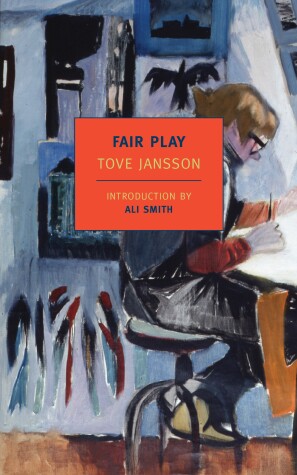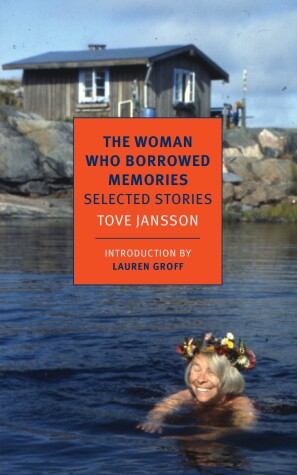New York Review Books Classics
4 total works
A New York Review Books Original
Winner of the Best Translated Book Award
Deception—the lies we tell ourselves and the lies we tell others—is the subject of this, Tove Jansson’s most unnerving and unpredictable novel. Here Jansson takes a darker look at the subjects that animate the best of her work, from her sensitive tale of island life, The Summer Book, to her famous Moomin stories: solitude and community, art and life, love and hate.
Snow has been falling on the village all winter long. It covers windows and piles up in front of doors. The sun rises late and sets early, and even during the day there is little to do but trade tales. This year everybody’s talking about Katri Kling and Anna Aemelin. Katri is a yellow-eyed outcast who lives with her simpleminded brother and a dog she refuses to name. She has no use for the white lies that smooth social intercourse, and she can see straight to the core of any problem. Anna, an elderly children’s book illustrator, appears to be Katri’s opposite: a respected member of the village, if an aloof one. Anna lives in a large empty house, venturing out in the spring to paint exquisitely detailed forest scenes. But Anna has something Katri wants, and to get it Katri will take control of Anna’s life and livelihood. By the time spring arrives, the two women are caught in a conflict of ideals that threatens to strip them of their most cherished illusions.
A New York Review Books Original
Winner of the 2009 Bernard Shaw Prize for Translation
Fair Play is the type of love story that is rarely told, a revelatory depiction of contentment, hard-won and exhilarating.
Mari is a writer and Jonna is an artist, and they live at opposite ends of a big apartment building, their studios connected by a long attic passageway. They have argued, worked, and laughed together for decades. Yet they’ve never really stopped taking each other by surprise. Fair Play shows us Mari and Jona’s intertwined lives as they watch Fassbinder films and Westerns, critique each other’s work, spend time on a solitary island (recognizable to readers of Jansson’s The Summer Book), travel through the American Southwest, and turn life into nothing less than art.
Tove Jansson was a master of brevity, unfolding worlds at a touch. Her art flourished in small settings, as can be seen in her bestselling novel The Summer Book and in her internationally celebrated cartoon strips and books about the Moomins. It is only natural, then, that throughout her life she turned again and again to the short story. The Woman Who Borrowed Memories is the first extensive selection of Jansson’s stories to appear in English.
Many of the stories collected here are pure Jansson, touching on island solitude and the dangerous pull of the artistic impulse: in “The Squirrel” the equanimity of the only inhabitant of a remote island is thrown by a visitor, in “The Summer Child” an unlovable boy is marooned along with his lively host family, in “The Cartoonist” an artist takes over a comic strip that has run for decades, and in “The Doll’s House” a man’s hobby threatens to overwhelm his life. Others explore unexpected territory: “Shopping” has a post-apocalyptic setting, “The Locomotive” centers on a railway-obsessed loner with murderous fantasies, and “The Woman Who Borrowed Memories” presents a case of disturbing transference. Unsentimental, yet always humane, Jansson’s stories complement and enlarge our understanding of a singular figure in world literature.



